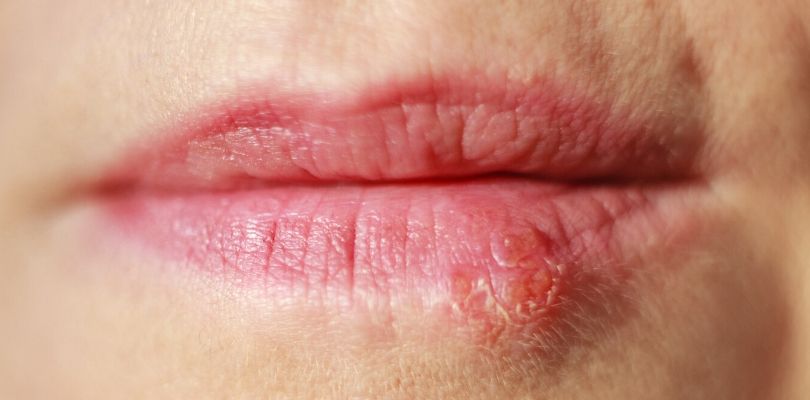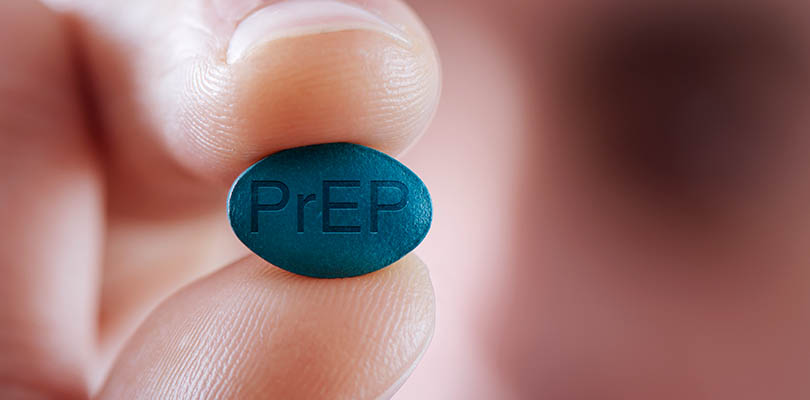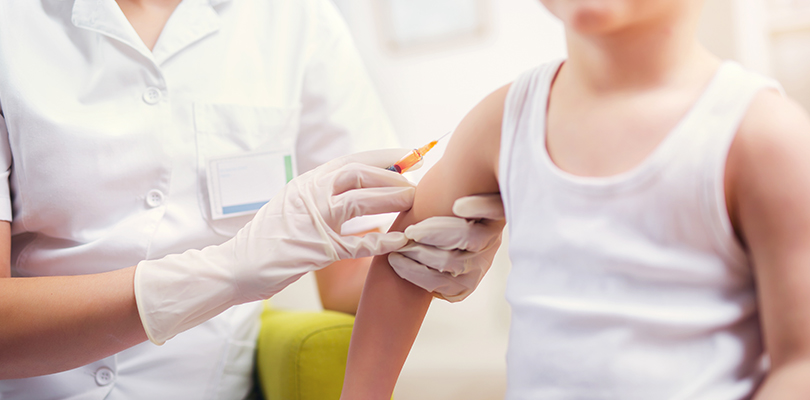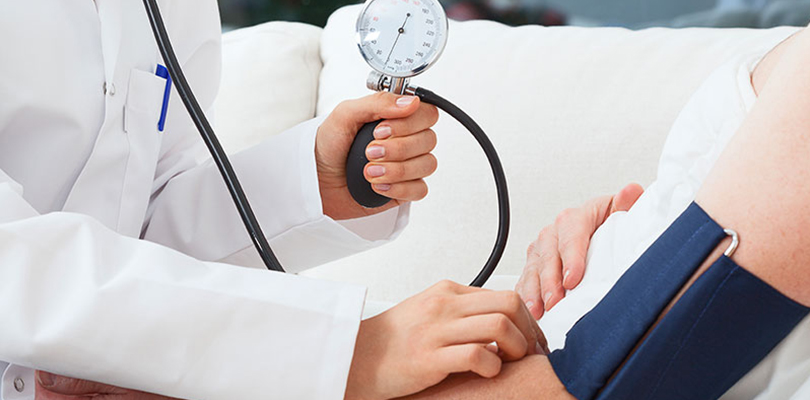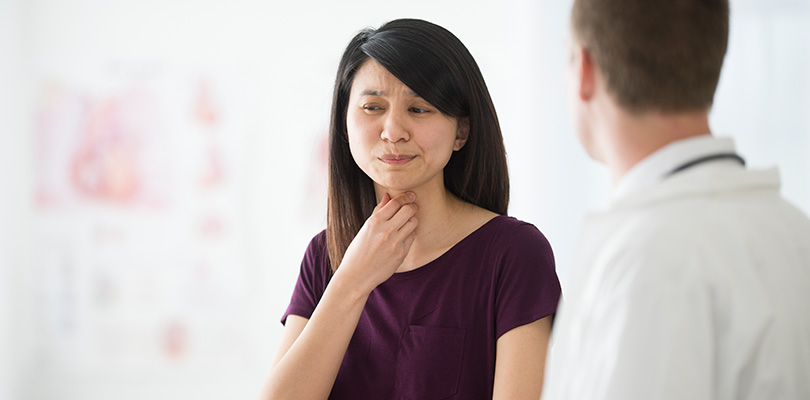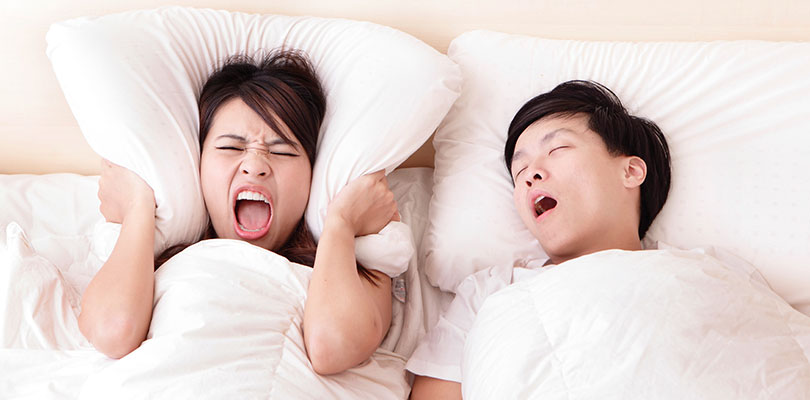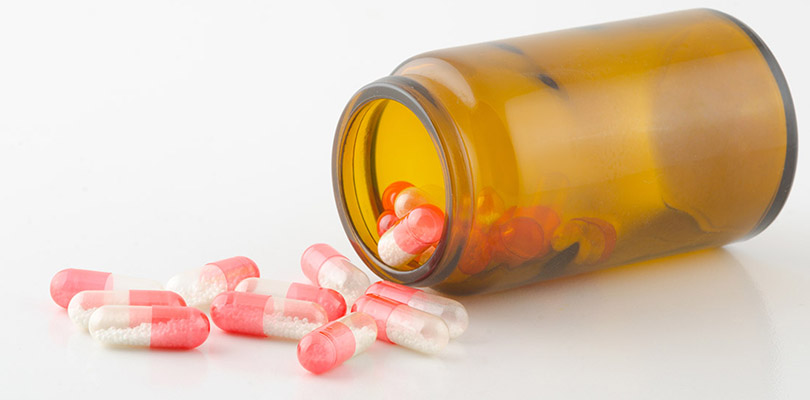How Do People Get Cold Sores?
If you have ever had a cold sore, you know that they can be painful, last a long time and they can be impossible to cover up. You’re at the mercy of the cold sore to heal in its own time. So, how do people get cold sores?
What are Cold Sores?
Cold sores, also known as fever blisters, are a common viral infection. Once the virus is triggered, in as little as six hours, clusters of small blisters form on the lip and around the mouth. These fluid-filled blisters are painful and the skin around them is often red, swollen and sore.
Healing time for the cold sores to disappear can take anywhere from several days up to several weeks. The cold sore virus, herpes simplex virus, cannot be cured. Once you are infected, you have contracted the virus for life.
The Herpes Virus
The herpes simplex virus (HSV) is the cause of cold sores and it is spread through contact. The virus enters the body through a break in the skin around or inside the mouth. There are two strains to HSV. The HSV-1 virus usually causes cold sores and HSV-2 strain is usually responsible for genital herpes. You need to be wary of both types as either one can cause sores on the face as well as the genitals. Since this virus cannot be cured, if you are infected, you need to do your best to make sure you avoid triggers. HSV lies dormant in the skin’s nerve cells and triggers may cause the blisters to return.
Cold sore triggers include:
- Stress
- Sun exposure
- Wind exposure
- Viral infection
- Hormonal changes
- Fever
- Fatigue
- Changes in the immune system
How People Get Cold Sores
Cold sores are spread by contact, either through direct contact or sharing personal items. Some people with the virus do not get cold sores or show any symptoms, but they can still spread the virus even if the cold sores are not visible.
Cold sores are the most contagious when fluid from the blisters is present. The virus usually spreads when a person touches a cold sore or touches infected fluid. You’re likely to contract cold sores by sharing eating utensils, kissing an infected person, touching that person’s saliva, sharing a razor or toothbrush and other similar activities. Parents with cold sores often spread the infection to their child through kissing and touching their baby.
How to Treat Cold Sores
Unfortunately, a lot of the healing of cold sores relies on patience. Within a few days cold sores start to heal on their own, but there are some treatments that can speed the healing process along. Treatment skin creams, ointments and pills need to be used at the first sign of cold sores to be effective. Pills generally work better than creams and severe infections can be treated with an injection of antiviral drugs. Cold sore treatments may speed up healing time by a couple days, reduce the number of cold sores you get and help ease any discomfort caused by the blisters.
Antiviral medications are available and include:
- Acyclovir
- Valacyclovir
- Famciclovir
- Penciclovir
Over the counter ointments, like Abreva, may shorten healing time. A lot of over the counter creams contain alcohol, or another drying agent, which can promote faster healing. If you are experiencing a lot of pain from cold sores, there are pain relieving creams, like lidocaine or benzocaine, which are also available over the counter.
The main goal of HIV treatment is to either slow the progression of the virus or stop it altogether. Read on to learn more about HIV treatment.
Other items you can pick up in the pharmacy are:
- Hydrogen peroxide and rubbing alcohol to keep cold sores clean
- Lip balm with sunblock or zinc oxide cream (zinc oxide creams may kill virus cells released from the sore)
Alternative Medicine
The amino acid, lysine, is available as an oral supplement and cream. This helps the body resist absorbing arginine, which helps cold sores grow
Synthetic beeswax is also a good option and is available as an ointment. This ointment may shorten the duration of the breakout if you apply it to your cold sores early. Another great option is rhubarb and sage. This likely comes in a combination cream and may be as effective as the antiviral acyclovir cream
Cutting down stress levels can also help, as stress is a trigger for cold sores. Less stress means less breakouts. Try relaxation techniques like meditation or yoga to keep your stress in check.
The effectiveness of alternative medicine does not show consistent results. If you find that these measures help you, continue using them.
Natural Remedies for Cold Sores
There are some at-home remedies that you can also try to relieve your cold sores and cut down healing time. Natural remedies include:
- Lemon tea and lemon tea compresses. They help reduce redness and reduce irritation.
- Aloe vera gel. This provides moisture and soothes inflamed sores.
- Ice. It may offer temporary pain relief.
- Echinacea. This helps to boost your immunity.
- Milk. Milk contains antibodies and l-lysine.
- Cool compresses. They may reduce redness; help remove crusting and promote healing.
- Vitamin E. This vitamin helps repair damaged skin cells and grow new ones.
- Vitamin C. This helps to boost white blood cell count, which fight infections.
Risk Factors
About 90% of adults worldwide test positive for evidence HSV, including those who have never shown symptoms previously. Those at higher risk for virus complications are those with weakened immune systems. Medical conditions that increase risk include HIV/AIDS, severe burns, eczema and cancer chemotherapy.
Preventative Measures
There are some actions you can take to minimize your risk of getting HSV or cold sore flareups if you already have the virus, such as:
- Washing your hands often
- Avoiding contact with infected body fluids (no kissing)
- Avoiding things that trigger your cold sore outbreaks like stress, colds, or the flu
- Not sharing eating utensils, cups, towels, razors, toothbrushes, or other personal items that a person with a cold sore may have used
- Always using sunscreen and lip balm
If you already have cold sores, here is how to help:
- Don’t touch the blisters
- Use something sterile to apply ointments and dab the cream onto your sores rather than rub it in
- Avoid salty or acidic foods which can irritate sores
Cold sores are a recurring condition; once you have the virus, you are bound to get cold sores that happen from time to time. Take preventative measures to minimize their presence and speed up treatment.
